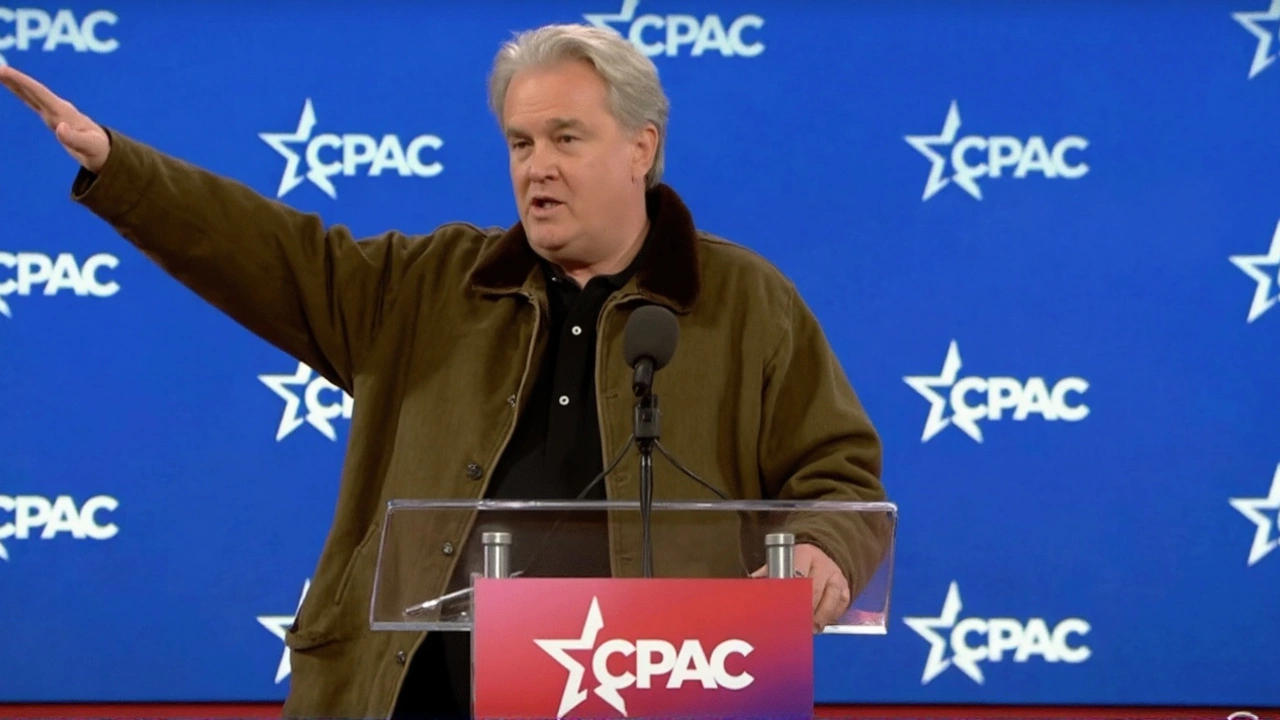Jordan Bardella, the prominent figure at the helm of France’s National Rally party, caused waves when he opted out of his much-anticipated speech at the Conservative Political Action Conference (CPAC) held in Washington, D.C. The sudden decision was spurred by an eyebrow-raising moment during the same event where Steve Bannon, former adviser to Donald Trump, made a gesture resembling a Nazi salute. Bardella, who was not present at the time of the occurrence, learned of it soon after and promptly canceled his address. This move, he asserted, was in line with maintaining the integrity of the event’s standards and voicing opposition to any association with Nazi ideology.
Steve Bannon, never one to shy away from controversy, quickly countered the claims. He described the gesture as being nothing more than a benign wave intended to acknowledge the audience. Bannon sharply criticized Bardella for what he viewed as an overreaction, deeming the French political figure 'gutless' and questioning his capabilities to lead France. This altercation underscores a growing discord between European far-right leaders and their American counterparts closely aligned with Trump.
The incident subtly echoes another similar uproar which featured tech magnate Elon Musk, further fueling the narrative of rising tensions. These events appear to highlight a complex relationship among prominent right-wing figures spanning the Atlantic. Bardella’s intended speech was set to tackle topics such as fostering the relationship between the U.S. and France, as well as discussing the upsurge of patriotic parties in Europe, a subject close to his party’s agenda.
Moreover, the gestural controversy comes against the backdrop of increasing diplomatic friction, spurred on by Trump’s stances on critical issues like the Ukraine conflict and trade tariffs. As such, the discomfort among European far-right leaders with the provocative actions and statements from their American allies is becoming increasingly evident. Bardella’s withdrawal is just another reminder of how sensitive and complex these transatlantic political dynamics have become in the current climate.
